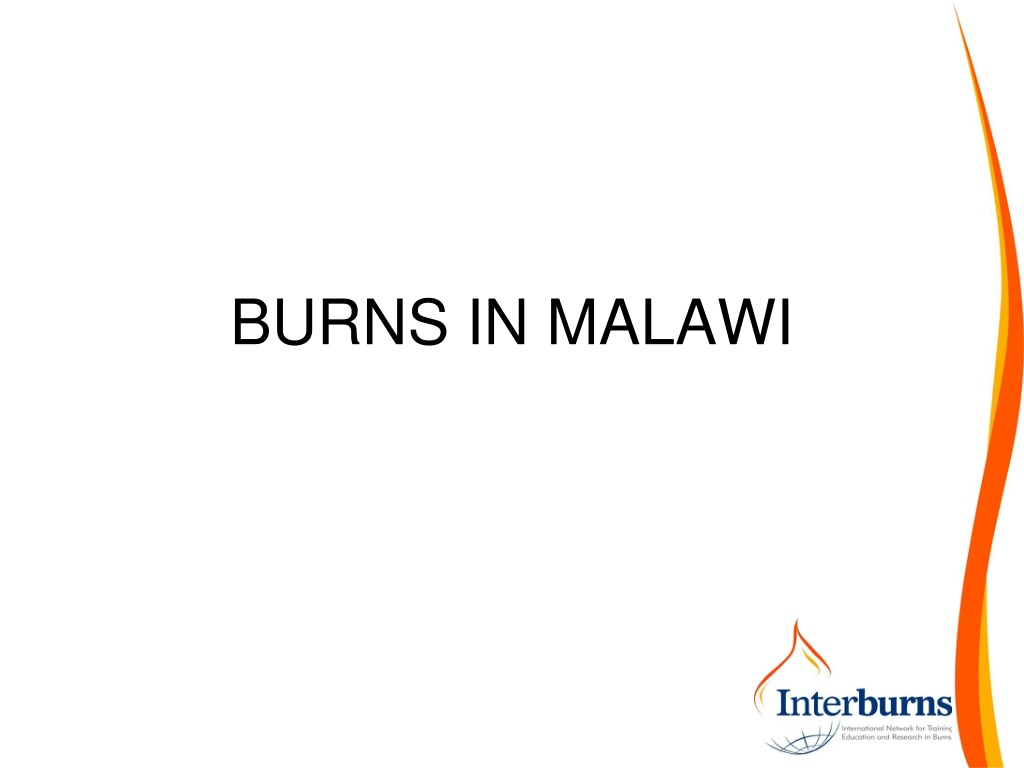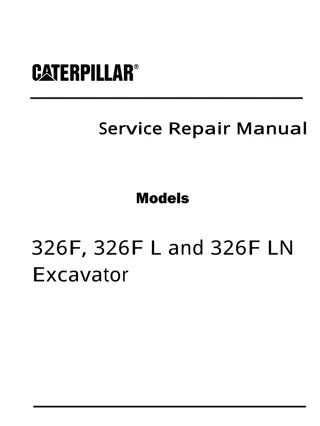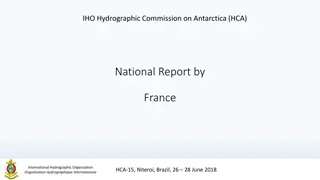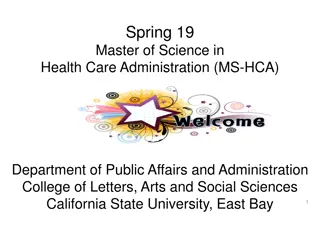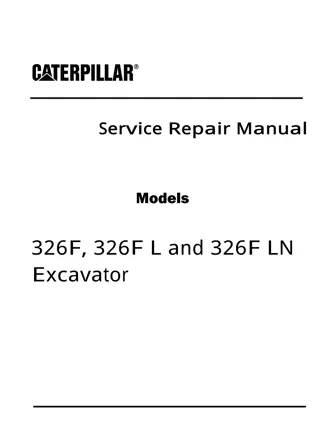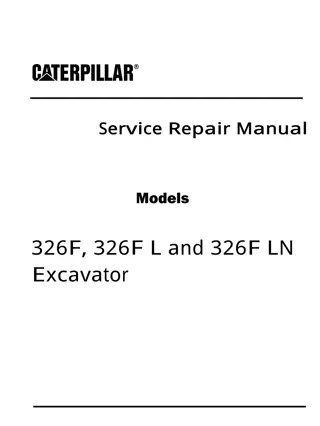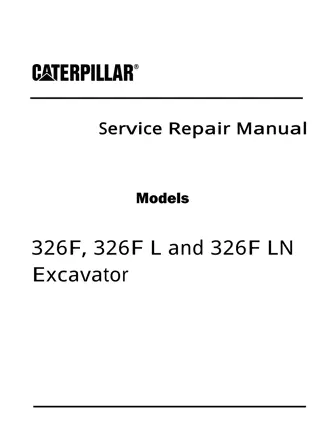Challenges and Advancements in Burns Care in Malawi
Burns remain a significant public health concern in Malawi, with a high mortality rate, especially among children. Limited knowledge and training in burns care present challenges for nurses in the country. However, through partnerships and specialized training programs, such as Essential Burns Care and Advanced Burns Care, improvements have been made in patient care and a reduction in mortality rates. Nurses have gained valuable skills in fluid resuscitation, wound dressings, and nutrition support for burn patients. The concerted efforts have led to enhanced patient care and outcomes in burns units across Malawi.
Download Presentation

Please find below an Image/Link to download the presentation.
The content on the website is provided AS IS for your information and personal use only. It may not be sold, licensed, or shared on other websites without obtaining consent from the author. Download presentation by click this link. If you encounter any issues during the download, it is possible that the publisher has removed the file from their server.
E N D
Presentation Transcript
BURNS IN MALAWI bYbPRE
presented by Ziphilly Chiumia Sichinga Registered Nurse- BSC
Burns are a global public health problem, accounting 180,000 deaths annually Majority of these occur in low-middle income countries almost two thirds occur in African and South-East Asia regions that includes Malawi Burns still remains a number four killing condition in childrens Malawi
Burns care is one of the most challenging nursing care physically and emotionally in Malawi. As such only a few nurses are interested to work in burns unit due to either not having enough knowledge on burns care and also because it s a challenging job Up to now Burns and Plastic Nursing is not yet a specialty as such nurses come out of college with insufficient knowledge on burns Nursing
As such hospitals rely on partners support to train nurses in burns care. When I joined burns unit in 2015, I was not confident enough to provide burns care due to limited knowledge until I and my fellow nurses at QECH got trained in Essential Burns Care and Advanced Burns Care nursing by Interburns.
This lead to improved care to patients and led to the reduction of mortality rate from 25% to 15 %.
imw In depth understanding of need and how to calculate fluids for burn patients needed fluid resuscitation. Got knowledge and skills on various wound dressings techniques such as types of dressings and effective dressings of head, joint and fingers.
In depth knowledge on burns nutrition support such as -burn nutrition assessment using ABCD approach - burn nutrition planning calculation of energy and protein requirements - burn nutrition implementation - monitoring of nutrition support such as gastrointestional complications and evaluation
Physiotheraphy -need and techniques of splinting and exercise in burn patients
The knowledge and skills gotten now I am able to teach nursing students who come for clinical practice , provide in service training for new and other nurses at our unit Made me to confident and also become a faculty member of Interburns so i participate in teaching other nurses in different countries such as Ghana, Ethiopia and Malawi.
Advocating for revision of burns care syllabus at the university level so that nurses should come out of the college with full knowledge on burns care.
sUJA Nurses require sufficient knowledge and skills to provide proper burns care. This can be achieved by continual provision of burns care training such as EBC and ABC Nursing
